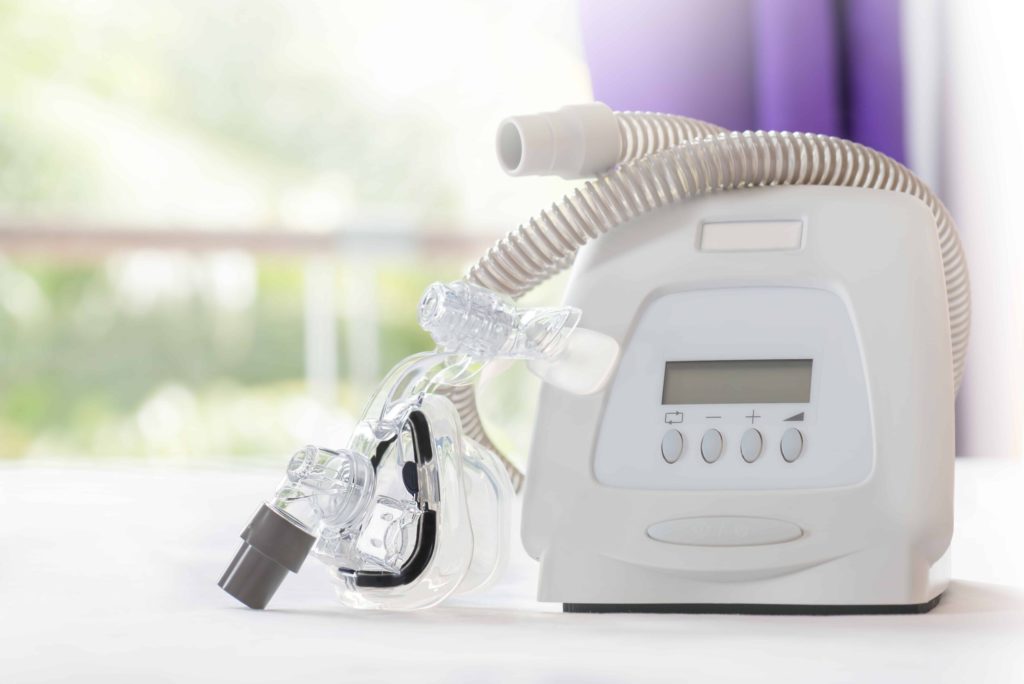A newly released study shows that the probability of having a high risk of obstructive sleep apnea (OSA) becomes greater with an increasing severity of PTSD (post-traumatic stress disorder) symptoms in young, U.S. veterans. The study was comprised of 195 Afghanistan and Iraq veterans who went to see a VA outpatient PTSD clinic for an assessment. According to the results, 69.2% of participants had a high risk for sleep apnea, and the risk increased with PTSD symptom severity. Each clinically significant rise in PTSD symptom intensity was associated with a 40% increase in the probability of screening as high risk for sleep apnea.
“The implication is that veterans who come to PTSD treatment, even younger veterans, should be screened for obstructive sleep apnea so that they have the opportunity to be diagnosed and treated,” stated co-principal investigator Sony Norman, PhD. Norman is a researcher at the San Diego VA, director of the PTSD Consultation Program at the National Center for PTSD, and an associate professor of psychiatry at the University of California San Diego School of Medicine. “This is critical information because sleep apnea is a risk factor for a long list of health problems such as hypertension, cardiovascular disease and diabetes, and psychological problems including depression, worsening PTSD and anxiety.”
According to the American Academy of Sleep Medicine, obstructive sleep apnea affects at least 25 million adults in the United States. O.S.A. warning signs include snoring, choking, gasping or silent breathing pauses while sleeping. AASM and other organizations in the National Healthy Sleep Awareness Project, which is funded by the Centers for Disease Control and Prevention (CDC), urges those who experience symptoms of sleep apnea to visit stopsnorningpledge.org
The study was initiated by Tonya Masino, MD, who was the first to recognize that a large number of young veterans who were coming in for PTSD treatment were also presenting symptoms of sleep apnea. It was led by the lead author, Peter Colvonen, PhD, as well as Norman, and co-principal investigator Abigail Angkaw, PhD.
93% of the study participants were men, and the average was 33 years old. The risk of sleep apnea was evaluated by using the Berlin Questionnaire and PTSD was checked by the PTSD Checklist Stressor Specific Version (PCL-S) questionnaire.
According to the National Center for PTSD of the U.S. Department of Veterans Affairs, symptoms of PTSD, such as nightmares and flashbacks, typically start soon after a traumatic event, but may not show up until months or years late. Symptoms that exist longer than four weeks, cause much distress or interfere with daily life could be signs of PTSD. If in need of assistance with PTSD, veterans can call the Veterans Crisis Line at 1-800-273-8255 and press 1, text 838255, contact a local VA medical center, or use online references such as the PTSD program locator available on the VA website.
The authors reported that younger veterans with PTSD are rarely screened for sleep apnea and often remain undiagnosed. It was noted that the mechanism underlying the relationship between sleep apnea and PTSD in military veterans is still unclear. Despite that, there are potential factors that may connect the two disorders. Those factors may include disturbed sleep in combat, prolonged sleep deprivation, sleep fragmentation due to the physical and psychological stressors of combat. Further studies are needed to fully examine the temporal relationship between sleep apnea and PTSD.
Study results were published and can be found in the May 15 issue of the Journal of Clinical Sleep Medicine.
The Archuleta Law Firm handles injury, death, and veterans medical malpractice claims under the Federal Tort Claims Act. We handle claims in all 50 States and Worldwide. Our focus is helping Veterans, and the families of Veterans and Military Service Members in their claims involving Veterans (VA) Hospitals, Doctors and Clinics and Military Hospitals, Doctors and Clinics. We handle claims involving the Department of Veterans Affairs, the U.S. Army, the U.S. Navy, and the U.S. Air Force.
Source: (e)Science News

